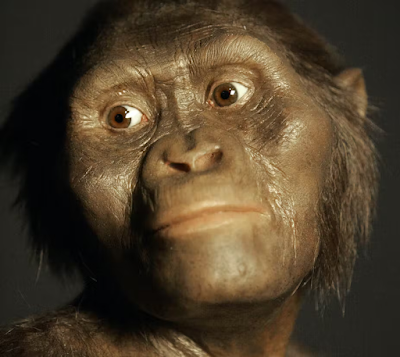How Humans Impact Extinct Species
Unfortunately, we have been fooled into thinking that this is a modern problem. Our narrow perspective of the world has deceived many into believing that the dire ecological catastrophes that loom on the horizon have only appeared recently. While the problems we face today are graver and more serious than in the past, our dilemma has been millions of years in the making.
Ever since humans first appeared hundreds of thousands of years ago, we have wreaked havoc on ecosystems and been the source of many species' declines. However, humans aren't completely to blame. The unprecedented environmental impact of humans derives from the unbelievable degree to which we have developed and advanced over time. We illustrate the beauty of evolution and exemplify the Darwinian theory of survival of the fittest. Little by little, bit by bit, Mother Nature created a being that was so impactful that many species weren't able to keep up. This is highlighted by several trends.
 |
| This graph shows how the population of certain megafauna decreased after humans first arrived. |
According to the United Nations Convention on Biological Diversity, between 24 and 150 species go extinct every day on average. This equates to between 8,700 and 54,800 animals going extinct every year, a rate hundreds or even thousands of times the normal. In the last 600 million years, there have been five mass extinctions, but many scientists believe that the planet is currently experiencing the sixth. This catastrophe is unquestionably the result of human activities.
But human superiority is also the reason that we humans have an opportunity to save our planet. We have largely grown immune to the concepts of predator and prey. We have surpassed the limits of ordinary ecological interaction to have an impact on our surroundings that is unparalleled at any other point in the Earth's history.
We must use our advantageous position to reverse the damage we have done to the environment and promote biodiversity and ecosystem health.
